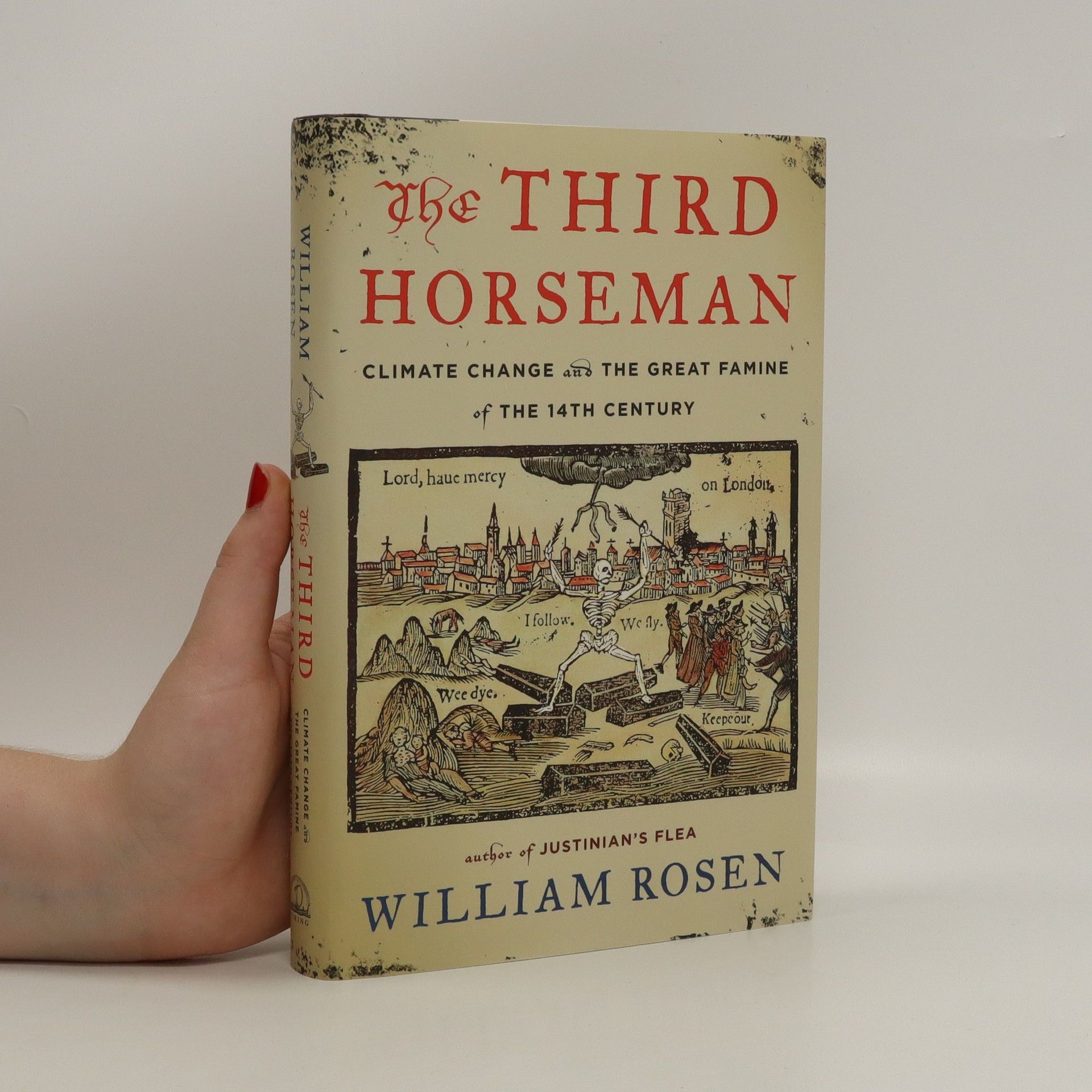The narrative unfolds the dramatic clash between a minuscule organism and a powerful empire, exploring themes of survival, resilience, and the far-reaching impacts of nature on human history. Through vivid storytelling, the author delves into the intricate relationship between humanity and the natural world, highlighting how a seemingly insignificant entity can challenge and reshape the course of an empire. Rich in historical detail, this epic tale captures the tension and consequences of this extraordinary encounter.
William Rosen Livres
William Rosen était un historien et auteur qui donnait vie à des sujets complexes par une narration captivante. Son style, utilisant des anecdotes pour tisser des fils de découverte et d'innovation, entraînait les lecteurs dans les récits de science et de technologie. Rosen soutenait que la capacité à mesurer les progrès par incréments est la clé de l'innovation durable, reflétant son profond intérêt pour la manière dont le progrès façonne le monde. Son œuvre démontre l'interconnexion des événements historiques et des percées scientifiques, ainsi que leur impact sur la civilisation humaine.


The third horseman
- 302pages
- 11 heures de lecture
In May 1315, relentless rain began in northern Europe, lasting until August, followed by the coldest winters in a millennium. Two animal epidemics decimated nearly 80 percent of livestock, while wars in Scotland, England, France, and Flanders ravaged farmland. Over seven years, these calamities resulted in the deaths of six million people—one eighth of Europe's population. This period marked one of the most catastrophic events in European history, known as the Great Famine. The narrative explores the intertwined forces that led to this disaster, linking feudalism, agricultural economics, climatology, and chivalric warfare to illustrate how impersonal traumas transformed hunger into starvation. Key figures, including Scotland's William Wallace and Robert Bruce, stand against Edward II of England, whose failures highlight shifting demographics. By integrating current scientific theories and economic models, the author underscores the implications of these historical events for contemporary climate change. This compelling account, rich in detail and insight, serves as a poignant reminder of how gradual shifts can disrupt the fragile balance of life and death throughout history.